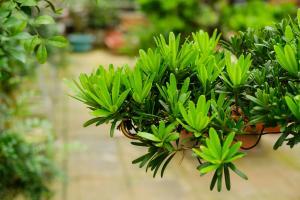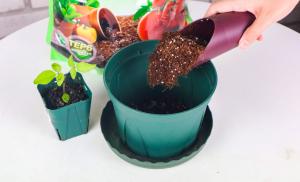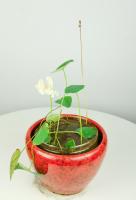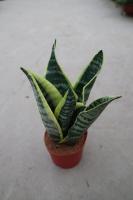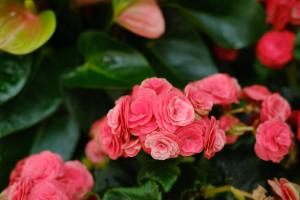Dig some soil in the place of hupilan, and 8 buds appear a week
Why don't you rub the skin of others in the same year, but you don't rub the skin of others in the same year? Come on! Huahua teaches you a little way
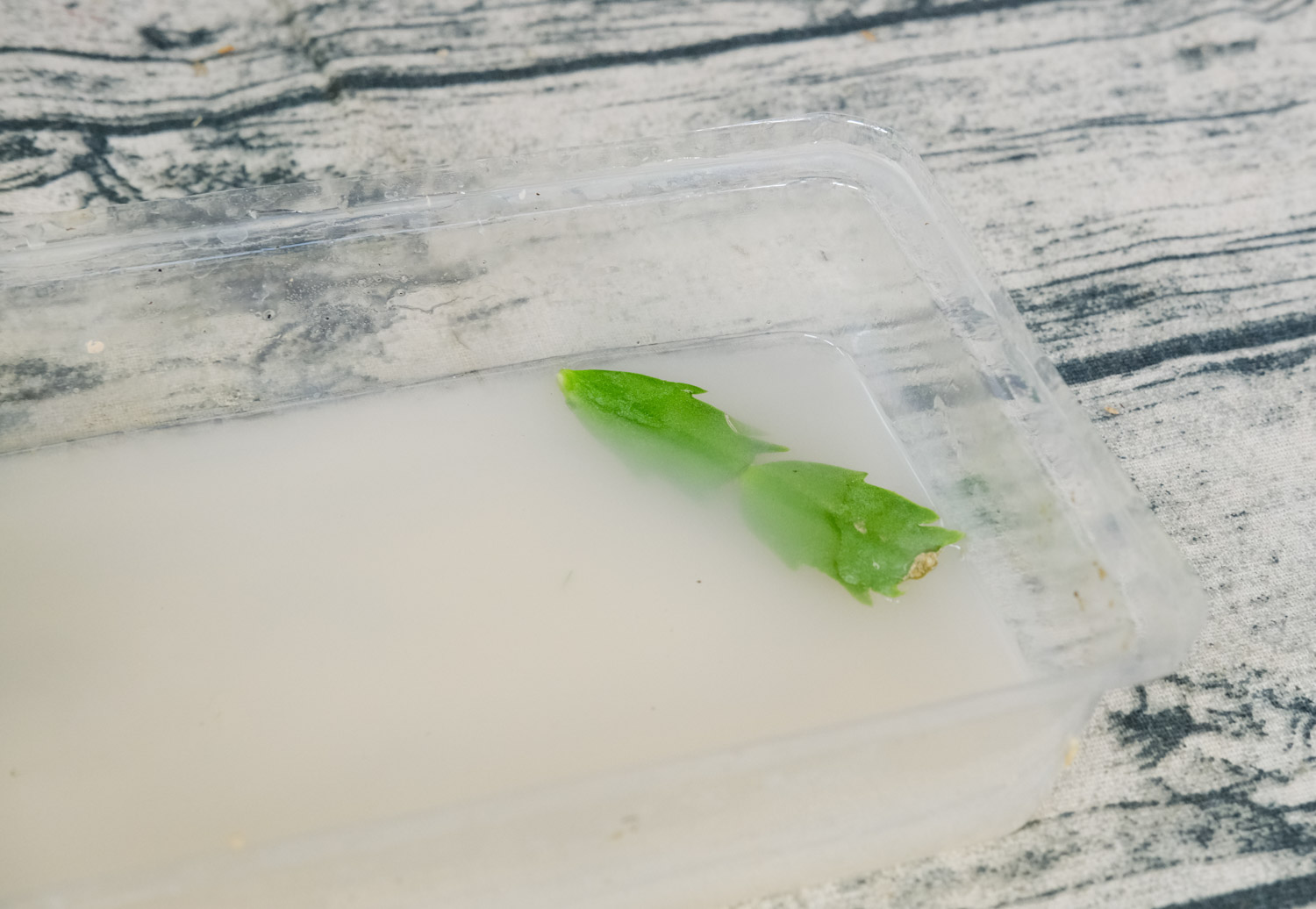
1. Although it is big and tall, in fact, its root system is very shallow and thin. If the soil covered on the root is too thick, it is not only not conducive to root respiration, but also easy to Rett the root, and even the small buds are difficult to jump out

2. Therefore, if you want the bud to jump out, we have to help it pick up a layer of soil on the surface of the basin soil to make it easier to jump out
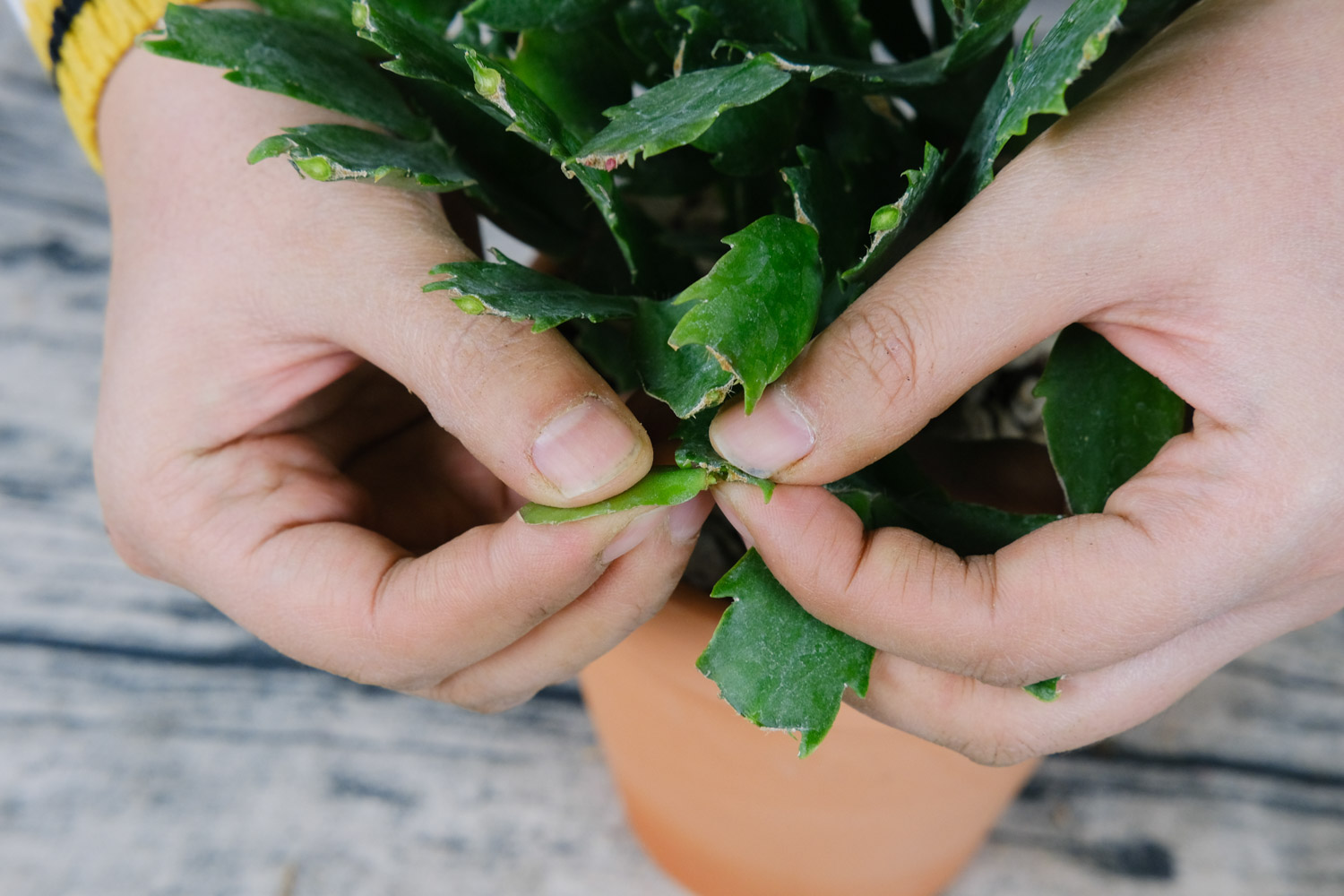
3. After pulling it off, put it in a place with better light. If the temperature at home is more than 15 degrees and it does not germinate within a month, pour it with rotten rice washing water fermented for 2-3 weeks every half month
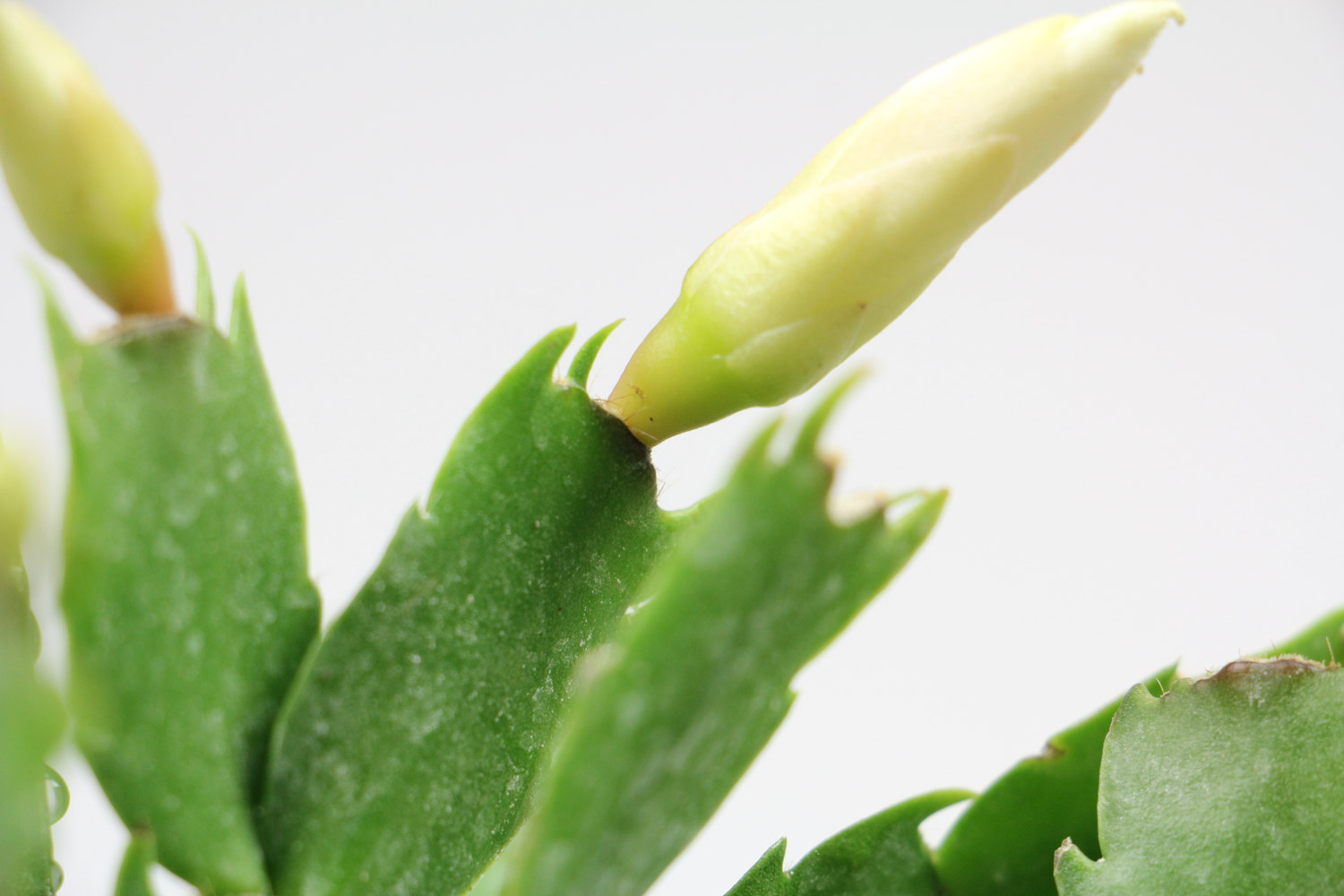
4. If it still doesn't germinate, we'll make a big move for it when it's warm in spring, change the soil and change the basin

5. When changing pots, pay attention to selecting shallow pots instead of deep pots, because the root system is shallow, and deep pots are easy to accumulate water, so the root system will be rotten

6. When changing the soil, pay attention to the loose and breathable rotten leaf soil, or the garden soil mixed with some coarse sand, and the bottom of the basin should be covered with a layer of cooked soybeans as the base fertilizer. In this way, the tiger skin orchid that is put into the basin again will definitely burst into buds and can't stop

Crab claw orchid eat it, 38 buds appear one night, burst
Before, Huahua sent some crab claws that grew into waterfalls. Many flower friends asked how they were formed? If the crab claw orchid only sends one bud at a time, it will be difficult to grow into a waterfall, but if it sends out many buds at once, the effect will be different! Look at the family of Huayou "little crab fan 855"
After the grafting survived, thirty or forty buds appeared overnight

After the first wave of buds grew up, another big wave of buds appeared

the frenzied degree of the bud has been unable to make complaints about it! p>

It grows too fast, "little crab fan 855" must hurry on the support to support the crowded and solid leaves

Take a shocking profile

After another seven months, the Great Falls formed! And it's full of flowers

1. Seeing here, you will certainly ask, what good food did the flower friend "little crab fan 855" eat for her crab claw orchid and grow so crazy? The answer is to apply enough base fertilizer. When you put it into the basin, sprinkle a layer of bone meal or Austrian green A2 on the bottom of the basin, and then throw a few fermented sheep dung eggs. It grows very prosperous

2. If the flower bud is fertilized for half a month, the flower bud will be fertilized for half a month, and the flower bud will be fertilized for half a month. If the flower bud is fertilized for half a month, the flower bud will be fertilized for half a month

3. In addition, "little crab fan 855" is a crab claw grafted with the branches of pitaya fruit. Compared with the self rooted crab claw, it has more sufficient nutrition and fewer diseases. Moreover, pitaya fruit usually doesn't use watering. When the soil is white and dry, it can be watered again. When watering, add some carbendazim to prevent root rot

4. Finally, "little crab fan 855" is placed on the indoor Nanyang platform with sufficient light and sufficient scattered light. We also have to learn this. After all, everything grows on the sun. Don't always put crab claw orchid in a too shady corner

Clivia peeled off the soil and cut a knife, holding out 16 buds, second variant orchid
At the Junzilan session, there was a unique skill of rejuvenating the mutant orchid, which was called cutting pout! If your Clivia has a rotten heart, rotten roots, no growth and old yellow leaves, you can try this method to revitalize it, and it can become a group of orchids accidentally

1. The method of cutting pouts is very simple. We pull the basin soil on the surface of Clivia a little to reveal some roots

2. Then take a sharp kitchen knife or wallpaper knife, bake it with alcohol or set fire for disinfection, and then cut off the pseudobulb of Clivia with a knife to form the upper and lower parts as shown in the pattern
Upper part

Lower half

3. After cutting, put the upper and lower parts in a ventilated place, dry the wound for half a day, and then apply purple potion or plant ash and carbendazim to prevent wound infection

4. After the upper part is dried, it can be planted into clean, loose and slightly moist soil to make it take root again. Because it takes part of the root system, it can generally survive

5. The rest should be placed in a cool place. Don't water it first, and wait for it to sprout slowly. Let's watch another flower friend's operation of cutting pouts and holding buds
Just finished. The wound is healing

After six weeks of spraying, the humidity will rise slightly

After 10 days, the bud is a little green. You can put it in the astigmatism place and bask in the sun a little

More than half a month later, the buds began to spread their leaves and can be watered

A month later, the small bud leaves have grown very big

Two months later, a small orchid was born


 how many times do yo...
how many times do yo... how many planted tre...
how many planted tre... how many pine trees ...
how many pine trees ... how many pecan trees...
how many pecan trees... how many plants comp...
how many plants comp... how many plants can ...
how many plants can ... how many plants and ...
how many plants and ... how many pepper plan...
how many pepper plan...
